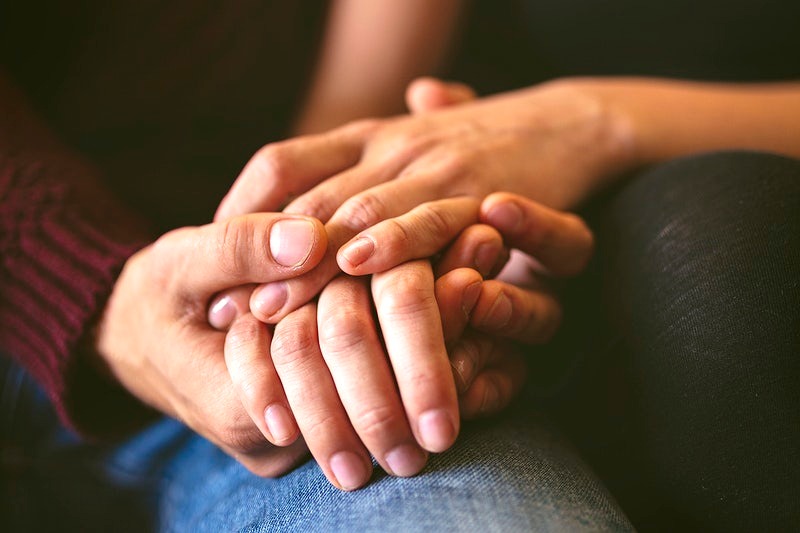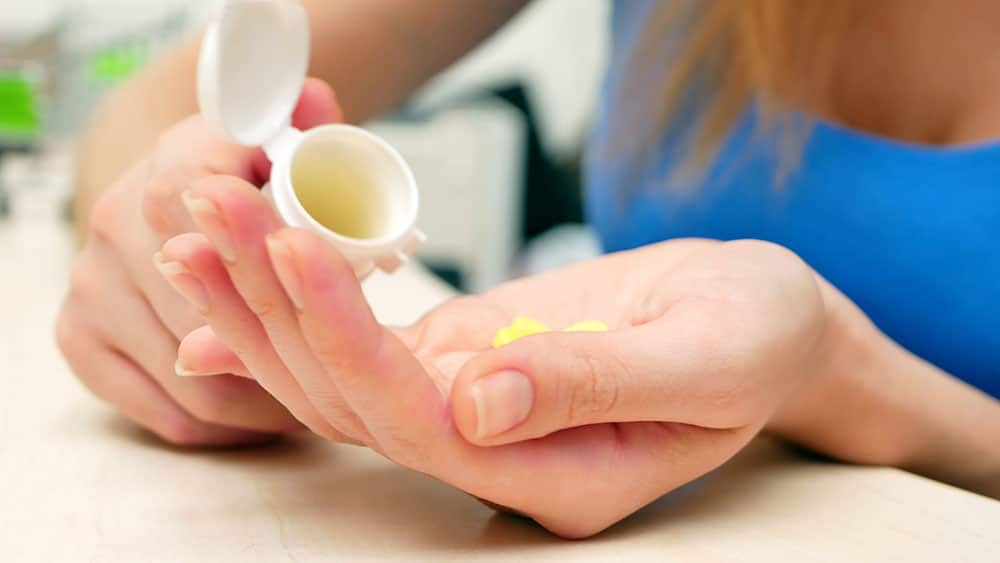How Connection Can Help Our Recovery
Substance addiction may bring on several negative effects, including emotional flatness and social isolation. Since many people with addiction tend to hide their actions from family and friends, these relationships may gradually disintegrate. Deception and lies also erode interpersonal trust.
A lifestyle of addiction is characterized by a disconnection from meaningful relationships. For individuals going through recovery from addiction, re-establishing a connection with others can be a challenging task, as one needs to face past mistakes and invest in these strained relationships. However, these connections in a support system, including a connection with yourself, are necessary steps toward long-term recovery.
Connecting With Yourself
People with substance addiction often suffer from low self-esteem and may even harbor self-hatred. They are generally not able to connect with themselves in a healthy way. This deep-rooted sense of self-alienation contributes to many mental health issues.
Recovery means reconnecting with yourself in a healthy way. If anything, your painful past of addiction should have taught you about how vulnerable you can be. In recovery, you get another chance to explore your desires, needs, and things that bring you joy. With the help of health professionals, you become more aware of your own emotional pain by identifying the root causes.
In addition to common methods such as cognitive-behavioral therapy (CBT), meditation and mindfulness can also help you achieve a higher level of self-awareness. You will begin to feel more awake, emotionally stable, and balanced in your thinking patterns. Self-awareness can improve your coping skills such as problem-solving, memory retention, and concentration.
As you reflect on how your addiction has impacted family and friends, you also learn about how much your very existence means to them. Now is the time to learn how to repair those relationships that ground you deeper into who you are. Your symptoms of depression will decrease, allowing you more time to focus on the positive side of life.
Connecting With Family Members
In recovery, you may begin to feel the need to reconnect with concerned family members. This shows that you are gaining control of life. By repairing relationships with your significant others, you show them that you want to face the past. This is a necessary step to move forward. Although there has been emotional pain in the past, your family will surely commit to supporting your recovery.
Research shows that family support can significantly boost one’s chance of recovery from addiction, especially for young people or young adults. However, a strong and recovery-supportive family does not happen overnight. There might be relationship dynamics that can potentially trigger stress and relapse. Some recovery facilities offer family-based services to help with these issues while coaching family members on recovery-supportive techniques at home.
The Benefits of Social Connection
Since infancy, human beings have thrived on love and belonging. Having meaningful relationships with others indicates a healthy and happy life. Social connection boosts physical, emotional, and mental healing because we are given the opportunity to share and grow with each other. Sharing our pains and joys can be extremely affirming and fulfilling.
This social connection may happen through physical touch, conversations, shared interests, or community involvement. These experiences help us temporarily jump out of the loop of negative self-talk that happens so often when we are isolated.
In the recovery community, we embrace an uplifting ethos that is bigger than ourselves. Across age groups, strong social relationships can alleviate stress, strengthen the immune system, and enhance self-esteem.
Rebuilding a Recovery-Supportive Connection
In early sobriety, choose activities, social contacts, and locations with intentionality to avoid triggers. At this stage, you cannot handle high-risk connections or events. These include friends that still use substances and occasions that might present potential substance use.
Meanwhile, you can explore new healthy hobbies and new friends who live a sober and balanced lifestyle. Experiences of successfully navigating new friendships can boost your self-esteem in a time of social re-entry. Try to apply healthy boundaries to these relationships by avoiding, for example, showing too much attachment.
You should also consider joining a 12-Step group and deepening connections with other recovering individuals. Peer groups in a strong recovery community can provide you with great support. Another way to build a social connection is by getting involved in community services. You may find opportunities in such work to help others and make new friends.
To deepen the connections with your family and friends, you need to work on these relationships according to the principles of honesty and intentionality. Invest time in bonding with them during family activities. While doing these, remember to practice self-care by tending to your own emotional needs.
People who live a lifestyle of addiction dwell in a reality of disconnection from meaningful relationships. When going through recovery from addiction, they are faced with the task of re-establishing a connection with others. That can be very challenging, as one needs to confront past mistakes and invest in these strained relationships. However, these connections in a support system, including a connection with yourself, are necessary steps toward long-term recovery. At Capo Canyon Recovery near Mission Viejo, CA., we have experience helping recovering individuals rebuild their social life. We also coach people on how to re-connect with themselves through self-care methods. You can benefit from both our inpatient residential care and outpatient long-term care programs. With an in-house chef, luxurious beds, and an onsite organic garden, we’re here to help you reintegrate into your family and social circles. Do not delay treatment. Reach out now. Call us at (800) 804-8714 today. A new beginning is here.





















